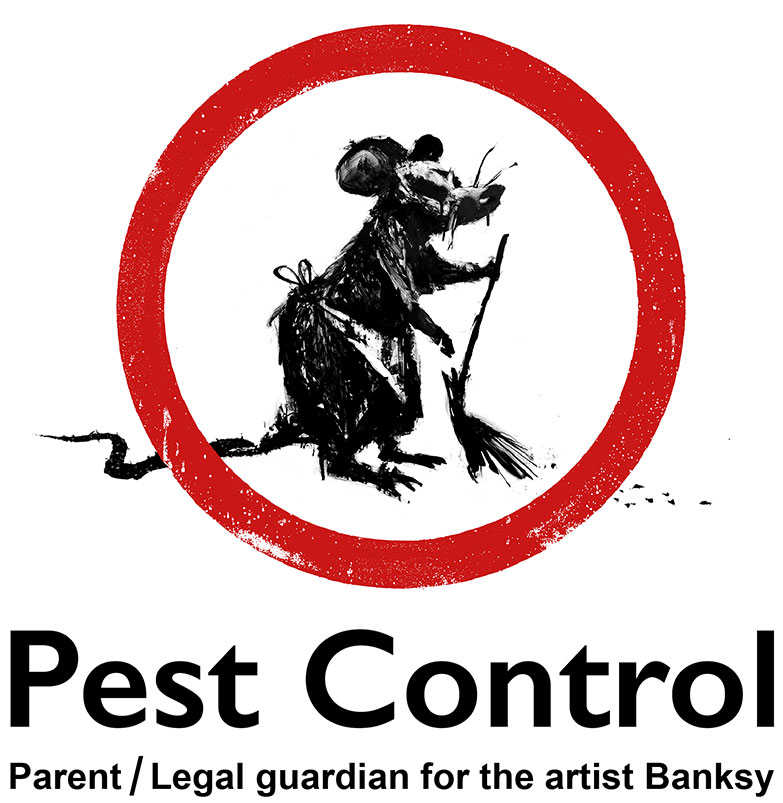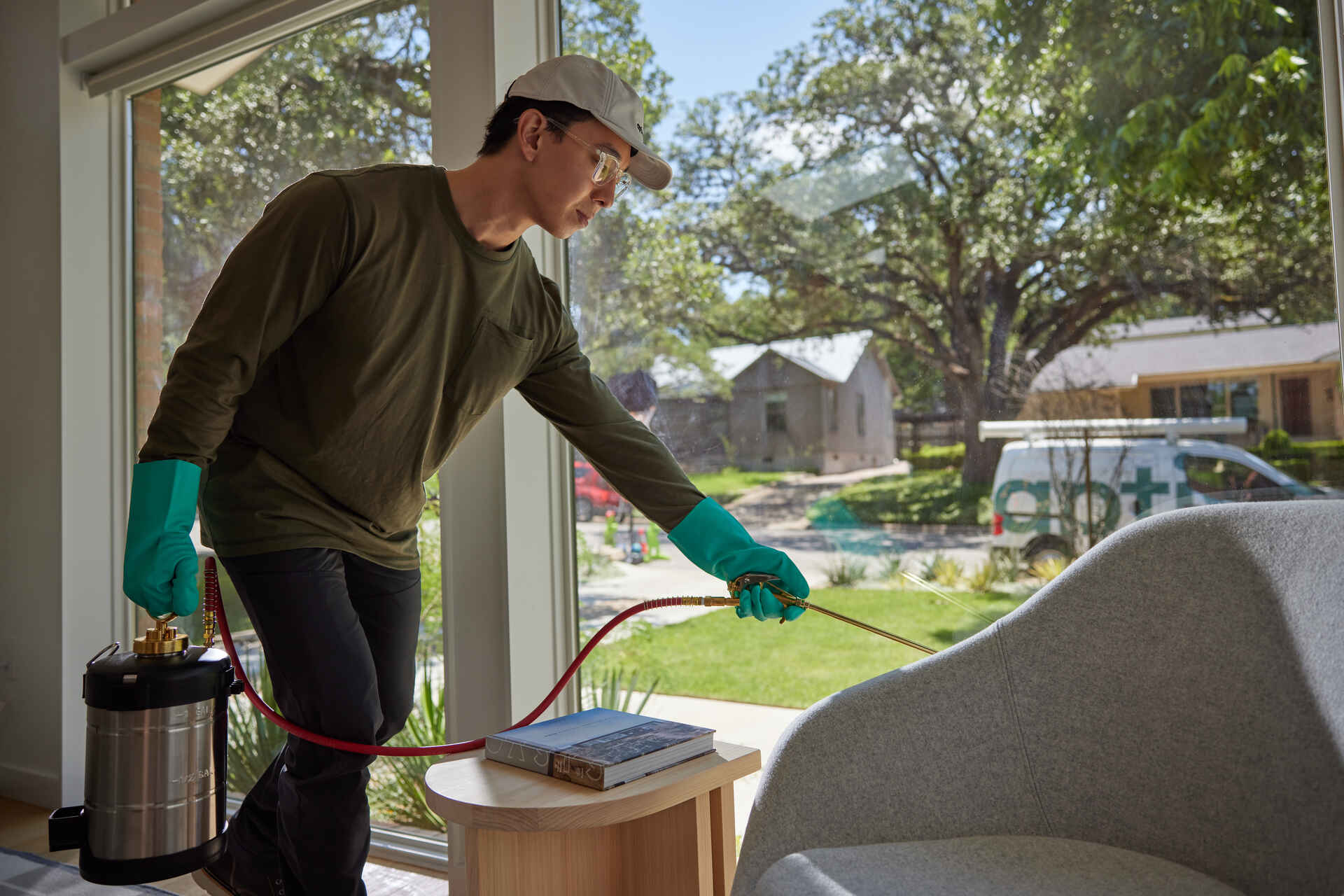Effective Insect Control Solutions: An In-Depth Take A Look At Elimination Techniques and Prevention Procedures
In the world of parasite control services, the successful monitoring of problems calls for a meticulous method that integrates various strategies and procedures for both obliteration and avoidance. From Integrated Pest Management (IPM) strategies that prioritize lasting services to chemical extermination techniques made for targeted removal, the arsenal versus parasites is multifaceted and huge. Organic control approaches and physical avoidance procedures supply alternative paths to effectively combating unwanted burglars. However, the secret to a comprehensive insect control plan exists not just in the techniques themselves, yet likewise in the careful professional assessment treatments that precede and notify them. By comprehending the intricacies of each method and how they interplay, one can genuinely understand the intricacy and efficiency of contemporary parasite control solutions.

Integrated Pest Administration (IPM) Approaches
Integrated Parasite Management (IPM) Methods incorporate a detailed strategy to pest control that concentrates on control, surveillance, and prevention techniques to successfully take care of parasite populations. By integrating different methods, IPM aims to reduce the influence of insects while likewise reducing the dependence on chemical pesticides. Avoidance exists at the core of IPM, highlighting techniques like correct hygiene, upkeep of health, and securing access indicate discourage pests from infesting structures. Monitoring plays an essential duty in IPM by regularly recognizing and examining insect levels to determine the proper intervention limits. Control techniques in IPM focus on using physical, biological, and social techniques before turning to chemical therapies as a last resort. These techniques consist of presenting natural predators, environment adjustment, and utilizing capturing tools to keep parasite populaces in check. On the whole, IPM cultivates a eco mindful and sustainable method to pest management, promoting lasting solutions that protect both human health and the ecosystem.
Chemical Extermination Strategies
Chemical extermination techniques are frequently used in insect control solutions to effectively remove insect populaces that pose a risk to human health and wellness and property. These strategies include the use of various chemical materials specifically designed to target and remove insects such as bugs, rats, and various other unwanted creatures. The application of chemicals, pesticides, rodenticides, and other chemical representatives is carefully regulated to guarantee optimum efficiency while decreasing dangers to people, pets, and the atmosphere.
One of the crucial advantages of chemical extermination techniques is their ability to give fast and targeted outcomes, making them particularly useful in cases of extreme problems or urgent parasite control needs - a1 commercial pest control portland. Nonetheless, it is vital to highlight the relevance of appropriate handling, application, and disposal of these chemical products to avoid unplanned harm
In addition, integrated pest monitoring (IPM) strategies usually combine chemical elimination techniques with other methods such as sanitation, habitat adjustment, and biological controls to produce a sustainable and extensive parasite control approach. By including chemical extermination methods sensibly within an IPM structure, pest control solutions can properly take care of bug populations while lessening possible threats to human wellness and the environment.
Organic Pest Control Methods
Utilizing natural predators and bloodsuckers to take care of parasite populations is a sustainable method known as organic bug control. This method utilizes the all-natural mechanisms of the ecosystem to control pest populaces without depending on artificial chemicals. One common biological control method involves presenting natural adversaries of the target pest species, such as ladybugs for aphid control or nematodes for termite invasions. These all-natural predators feed on the bugs, helping to maintain their populaces in check.
An additional effective organic control strategy is using microbial insecticides. These are normally taking place microbes, such as microorganisms, infections, and fungis, that particularly target and contaminate specific bug types. By utilizing these microbial representatives, pest populations can be successfully reduced without harming valuable microorganisms or creating harm to the atmosphere.
Physical Parasite Prevention Actions
Applying physical insect avoidance procedures involves making use of obstacles and structural modifications to deter bugs from infesting a property or going into. Mounting door sweeps, screens on home windows, and sealing fractures in the foundation can aid prevent pests like insects and rats from gaining gain access to inside.
An additional physical prevention measure is the use of obstacles like fencing to maintain larger insects such as raccoons or deer away from the residential or commercial property. By applying these physical pest avoidance procedures, residential or commercial property proprietors can dramatically minimize the danger of pest infestations and the damage they can trigger.
Specialist Pest Inspection Treatments
Carrying content out detailed and organized insect evaluations is a fundamental element of professional parasite administration procedures. Specialist bug examiners are trained to thoroughly take a look at residential properties for indicators of problems, determining pest varieties, entrance factors, and favorable problems. The assessment procedure normally starts with a comprehensive assessment of both the inside and outside of the properties. This includes checking for pest droppings, gnaw marks, nests, and any type of structural damage that may suggest pest activity. In addition, examiners might utilize customized tools such as wetness meters and borescopes to detect concealed infestations within wall surfaces or crawl rooms.

Final Thought
To conclude, efficient insect control services employ a selection of strategies, including Integrated Parasite Administration techniques, chemical elimination techniques, organic controls, and physical avoidance procedures. Professional parasite assessment treatments play a crucial duty in identifying and dealing with pest concerns in a prompt fashion. By executing a mix of these approaches, homeowner can successfully manage and protect against insect problems.
From Integrated Pest Monitoring (IPM) methods that focus on sustainable solutions to chemical extermination strategies created for targeted removal, the arsenal against insects is large and multifaceted.Integrated Bug Monitoring (IPM) Methods encompass a detailed technique to pest control that focuses on prevention, control, and surveillance approaches to efficiently manage bug populations.Chemical extermination methods are frequently employed in pest control services to efficiently my review here remove bug populations that posture a hazard to human wellness and residential property.Utilizing all-natural killers and bloodsuckers to take care of bug populations is a lasting great post to read method recognized as biological pest control.In final thought, reliable bug control solutions utilize a selection of techniques, including Integrated Bug Monitoring strategies, chemical elimination methods, organic controls, and physical avoidance procedures.
Comments on “Reputable A1 Portland Pest Control Bed Bugs - Effective Solutions”